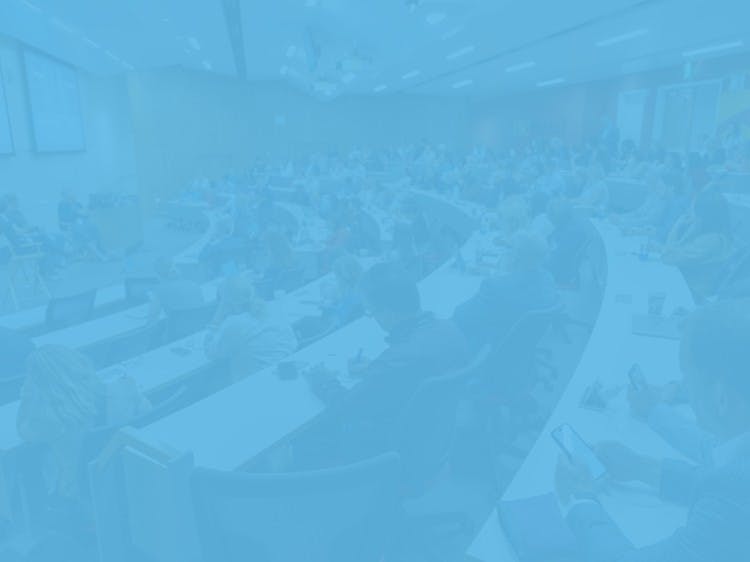
Dynamic Organization
A "dynamic organization" is defined as one that proactively anticipates changes in the business environment and continuously transforms at speed and scale to drive exponential business, people, and innovation outcomes. These organizations strategically align people and skills to the most important opportunities, improving productivity and competitiveness in tandem. Dynamic organizations are essentially architected for change and have implemented the post-industrial talent model, shifting from jobs and roles to skills and work. This new way of doing business involves a comprehensive strategy and approach to organizational adaptability, focusing on elements such as advanced talent acquisition, workforce mobility, skilling and careers, project- and team-based work, pay and rewards, culture and leadership, strategy and governance, and technology and insights. The goal is to create an organization that is not only transformation-ready but is in a constant state of transformation, leveraging insights from the market to continually increase its lead against competitors. This involves moving beyond traditional industrial models to embrace consistent transformation, focusing on skills, capabilities, culture, and fit, and creating a holistic workforce ecosystem for tapping into a broad network of talent.
Build your HR capabilities.
Close skill gaps and increase you or your team's earning potential — Start today by browsing our wide range of courses tailored for HR professionals around the world.
Explore the Academy

